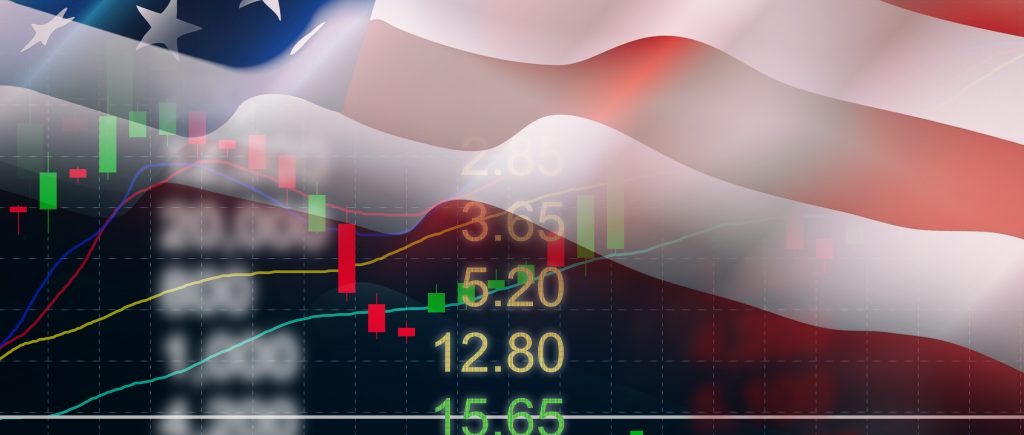Wall Street’s main indexes fell on Tuesday, dragged by weakness in tech and other growth stocks, after comments from Federal Reserve Governor Lael Brainard spooked investors about potential aggressive actions by the central bank to control inflation.
The S&P 500 posted 42 new 52-week highs and 6 new lows; the Nasdaq Composite recorded 45 new highs and 63 new lows. The tech-heavy Nasdaq (.IXIC) fell nearly 2% with declines in heavyweights such as Apple Inc (AAPL.O) and Amazon.com Inc (AMZN.O). Defensive sectors, such as real estate (.SPLRCR) and utilities (.SPLRCU), were higher.
The Dow Jones Industrial Average (.DJI) fell 59.32 points, or 0.17%, to 34,862.56, the S&P 500 (.SPX) lost 29.88 points, or 0.65%, to 4,552.76 and the Nasdaq Composite (.IXIC) dropped 254.64 points, or 1.75%, to 14,277.92.
A solid ISM Services PMI survey release for March did little to lift the mood for equity markets, which are probably more inclined to take good news (regarding the economy) as bad news given Fed hawkishness. Indeed, Brainard mentioned on Tuesday that she is keeping an eye out for signs of economic slowdown, so signs of the opposite would surely embolden the Fed to go harder regarding monetary tightening.
Looking ahead, geopolitics will of course remain a key focus for the rest of the week but traders should also note Wednesday’s Fed meeting minutes. Given the way things have gone recently, few would be surprised to see US yields and the US dollar rallying on yet another hawkish surprise. That means, for the Nasdaq 100 and Dow, breaking back above 200DMAs may remain a challenge.
At a conference on Tuesday, Brainard said she expects methodical interest rate increases and rapid reductions to the Fed’s balance sheet to bring US monetary policy to a “more neutral position” later this year, with further tightening to follow as needed. read more
Brainard’s comments drove home the point that the Fed is poised to get more aggressive. That is certainly having a negative effect on equities because of concerns that this increases the probability of a recession, it is going to be increasingly difficult for the Fed to engineer a soft landing the more aggressive it gets.
Technology (.SPLRCT) was the biggest-declining S&P 500 sector, falling 1.9%, while the S&P 500 growth index (.IGX) fell 1.4%.
US Treasury yields rose to multi-year highs with yields taking off after Brainard’s comments. The prospect of a more hawkish Fed led to a rocky start to the year for equities and in particular for tech and growth shares whose valuations stand to be more pressured by higher bond yields. Stocks have rebounded in recent weeks, with the S&P 500 now down about 4.5% so far this year.
Investors also remain focused on developments in the Ukraine crisis, which has led to rising commodity prices that stand to worsen an already-worrisome inflationary picture.
Ukrainian President Volodomyr Zelenskiy told the U.N. Security Council that “accountability must be inevitable” for Russia as he accused invading Russian troops of committing “the most terrible war crimes” since World War Two. read more
In economic news, data showed US services industry activity picked up in March, boosted by the rolling back of pandemic restrictions, but businesses continued to face higher costs as supply strains persisted. read more
In company news, shares of Twitter Inc (TWTR.N) gained 3%, adding to their prior-day surge, as the social media company said it will offer Tesla CEO and entrepreneur Elon Musk a seat on its board of directors. read more
Carnival Corp (CCL.N) rose 3.4% after the cruise operator reported its highest booking week in its history. read more
Declining issues outnumbered advancing ones on the NYSE by a 2.60-to-1 ratio; on Nasdaq, a 2.20-to-1 ratio favored decliners.
 Noor Trends News, Technical Analysis, Educational Tools and Recommendations
Noor Trends News, Technical Analysis, Educational Tools and Recommendations





